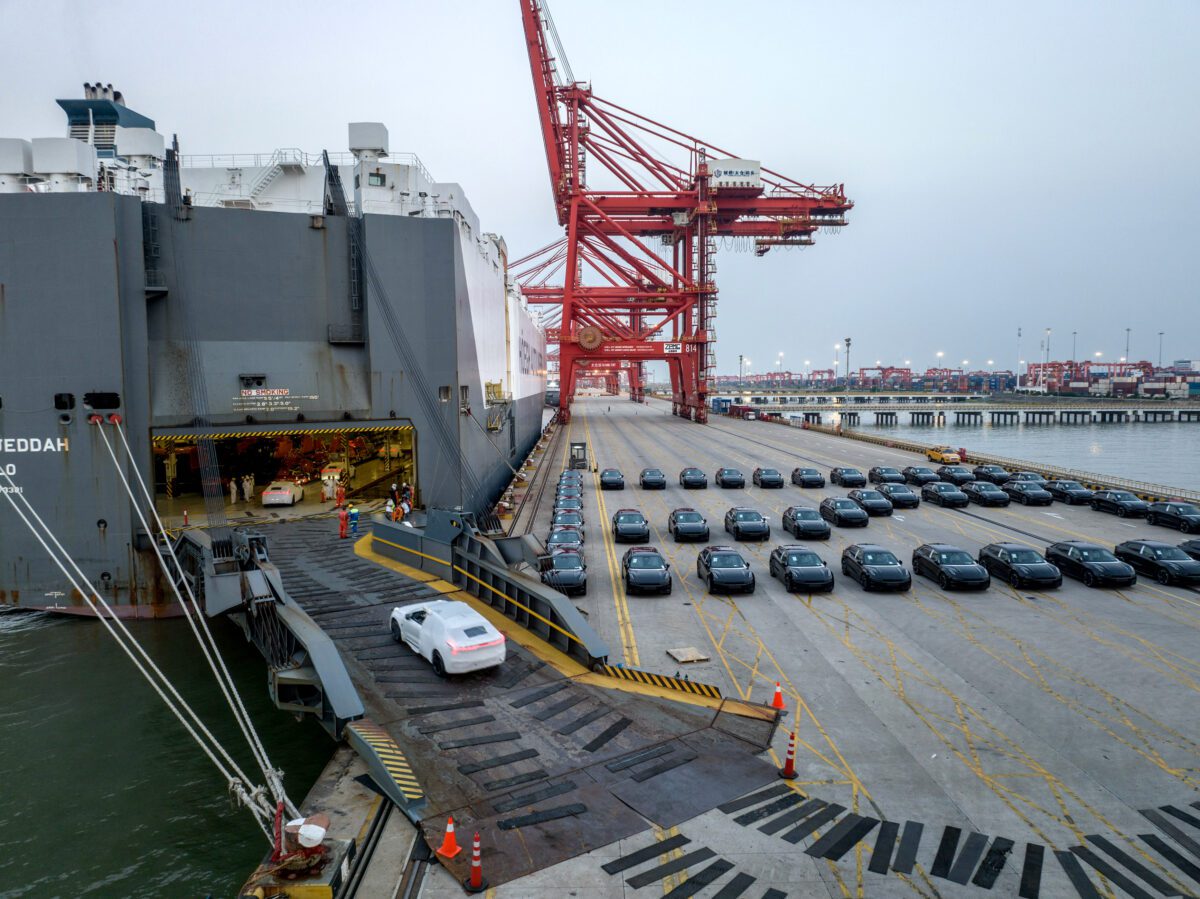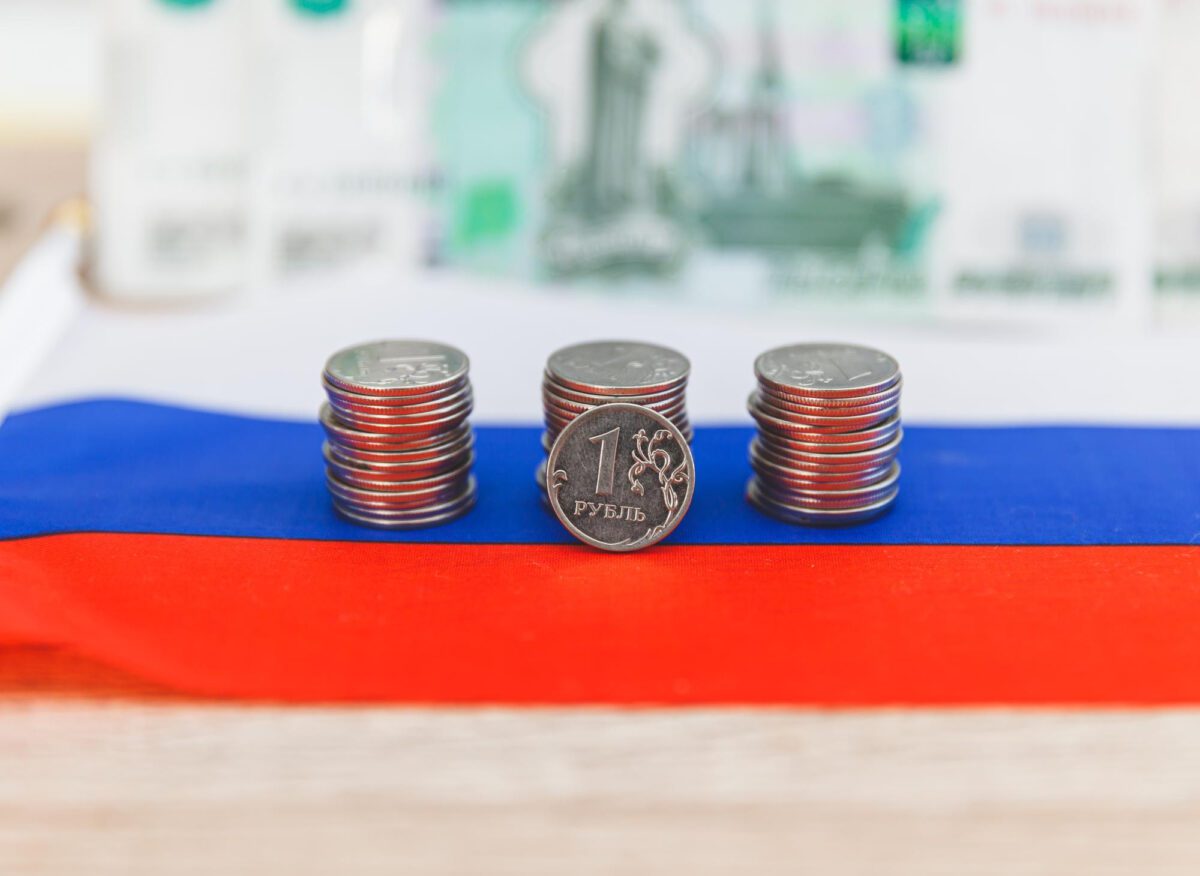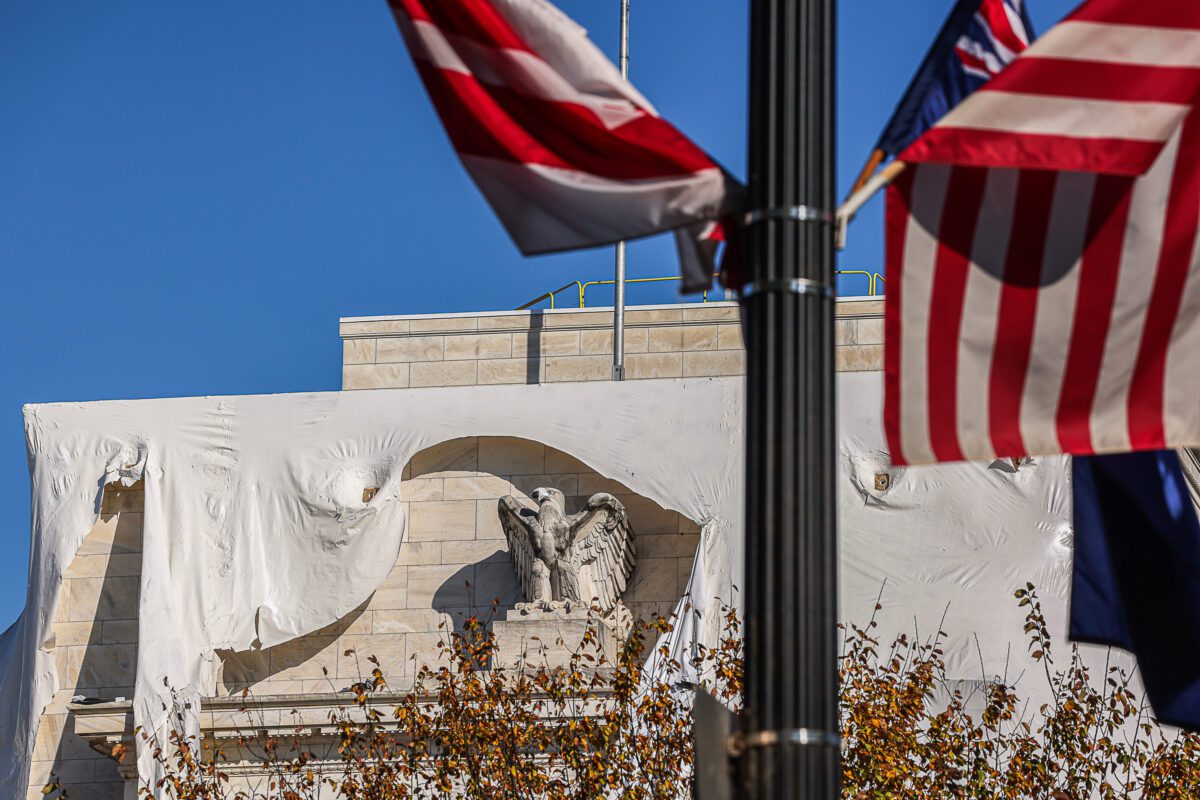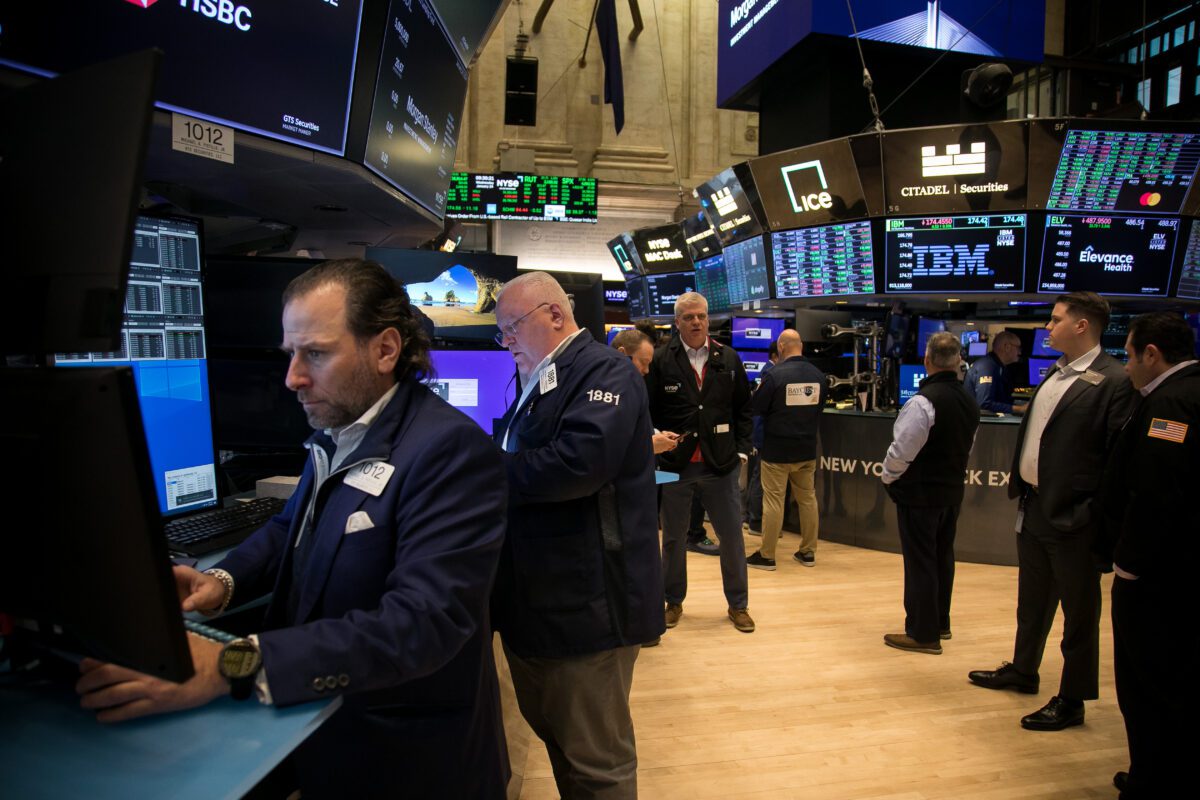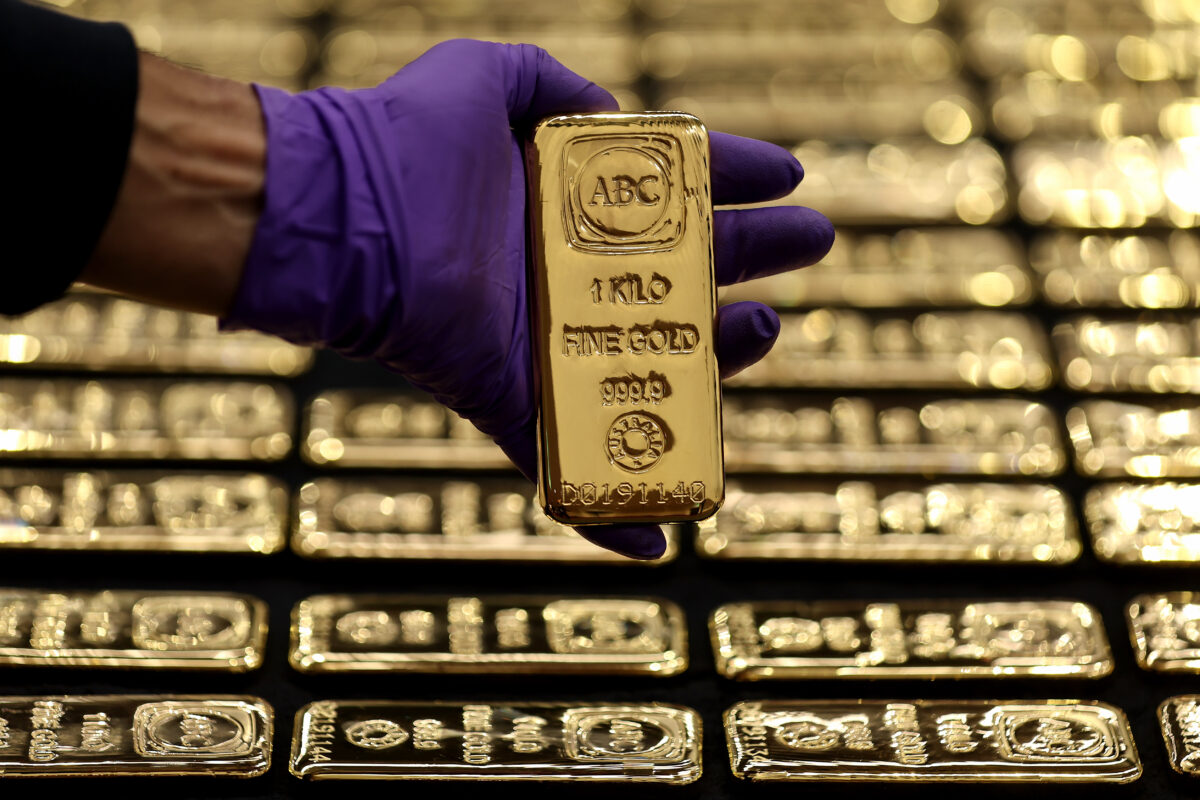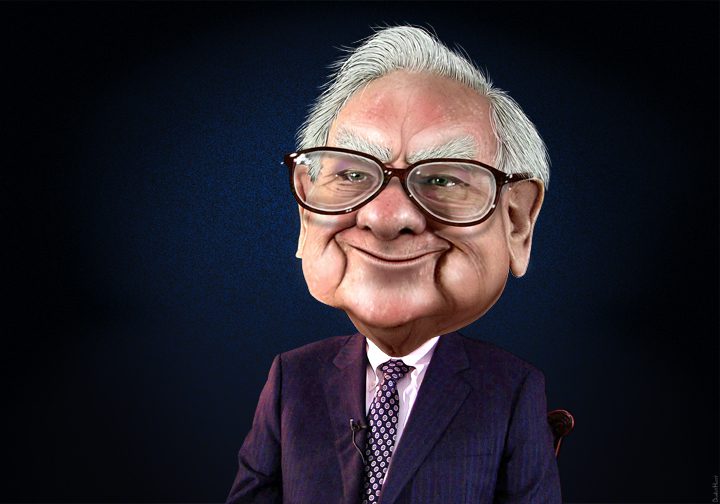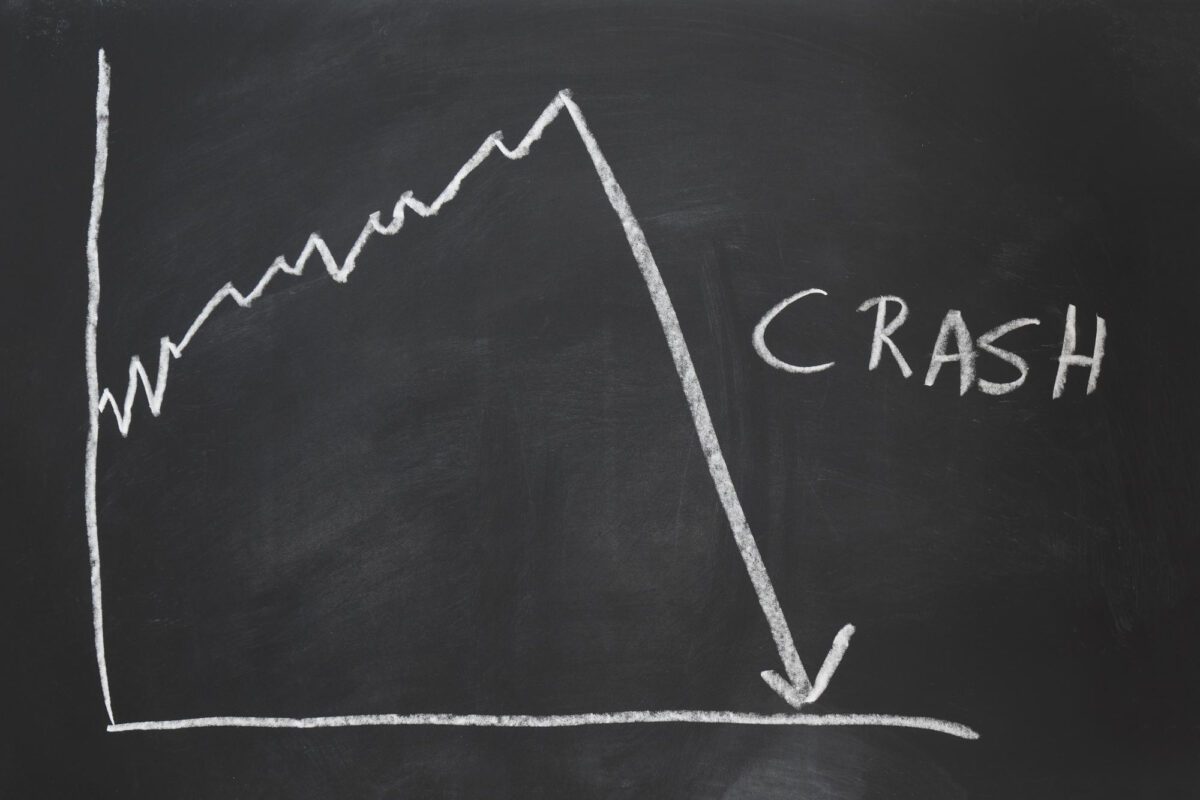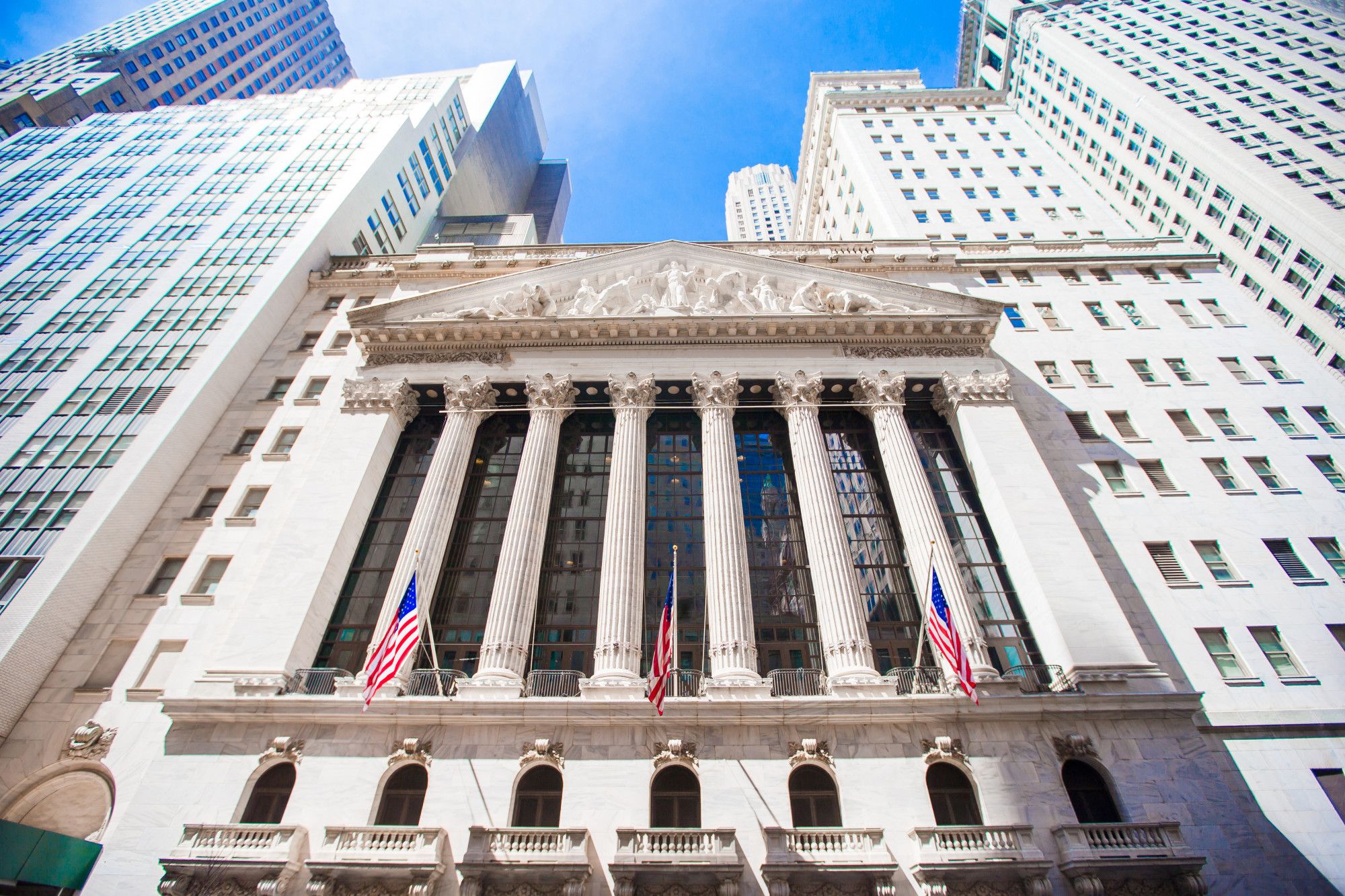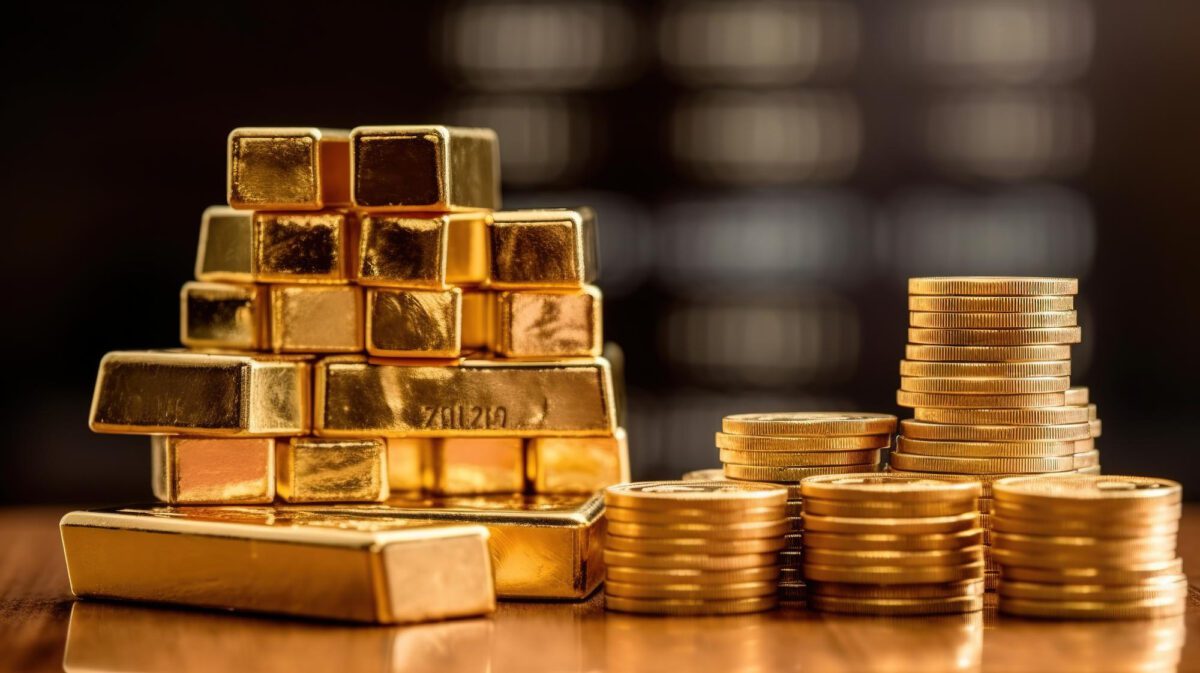FMW-Redaktion
Was ist gerade los in Davos, abgesehen davon dass der Papst darum bittet die Armen nicht zu vergessen? Er scheint nämlich der Einzige zu sein, der bzgl. der in Davos groß thematisierten Automatisierung der Dienstleistungsbranche ein Problem für die Arbeitsplätze sieht. Er warnte in einem Grußwort an die Teilnehmer des Weltwirtschaftsforums (WEF) deswegen vor einem massenhaften Verlust von Arbeitsplätzen. Und sonst?
Der Iran präsentiert seine eigene Sicht auf seine zukünftige wirtschaftliche Entwicklung (hier in Kurzform zusammengefasst). Durch die Aufhebung der westlichen Sanktionen werde die iranische Wirtschaft in 2016 um 5% wachsen – man habe in den nächsten fünf Jahren im Schnitt ein Potenzial von 8% Wachstum pro Jahr, so der iranische Offizielle Mohammad Agha Nahavandian beim Weltwirtschaftsforum. Der Iran habe bereits seine Inflation von 35 auf 13% runterbekommen. Man wolle seine Geschäftsklima aufpolieren durch Reformen und das Hereinholen ausländischer Investitionen. Auch wird betont, dass man jetzt endlich wieder Zugriff auf seine bislang eingefrorenen Geldreserven im Ausland hat (50 Milliarden Dollar?), womit Investitionen angeschoben werden sollen.
Wolfgang Schäuble schlägt heute beim WEF eine massive Aufstockung der finanziellen Hilfen für den Nahen Osten vor, und zieht einen Vergleich zum Marschallplan der USA für Deutschland. Die Versuche Flüchtlinge innerhalb der EU zu verteilen hätten sich als fruchtlos erwiesen. Er wünsche sich jetzt eine „Koalition der Willigen“ – jeder der mehr Geld geben könne/wolle für die Versorgung von Flüchtlingen in ihrer jeweiligen Region, solle dies tun. Deutschland habe dazu momentan mehr finanziellen Spielraum als andere. Klingt so als habe Schäuble eine realistischere Sicht auf die Lage in Europa als Angela Merkel. Er will wohl pragmatischer an die Dinge rangehen ohne noch monatelang sinnlos Zeit in EU-Sitzungen zu vergeuden. Unser Vorschlag: Zügig anklopfen in Riad, Abu Dhabi und Katar, da gibt´s noch Cash zu holen!
China zeichnet derzeit ein positives Bild von sich selbst. Man müsse sich jetzt umstellen weg von ausländischen Investitionen hin zu mehr Konsum, um es mal sinngemäß zusammenzufassen. Der Inlandskonsum habe in den letzten Jahren immerhin von 49% auf 52,5% zugenommen. Zu China hier auch noch Aussagen von Goldman Sachs und vom IWF im Original:
–
–
“China has reached the point of no return – the country needs to deepen reforms to avoid the middle-income trap,” said Jiang Jianqing, Chairman of the Board, Industrial and Commercial Bank of China, speaking at the World Economic Forum Annual Meeting taking place in Davos. We can no longer depend on investment; we need to rely on innovation and economic reforms to deliver the next wave of economic growth. Communication is key; there is a misunderstanding of policy in the new normal, said Jiang.
It is a difficult transition for any country, let alone during the digital era and with the lack of market liquidity in the post-crisis world, said Gary D. Cohn, President and Chief Operating Officer of Goldman Sachs, USA. “The shift from a capex to an opex economy means that the government has less control of economic growth,” he added.
Christine Lagarde, Managing Director of the International Monetary Fund (IMF), stressed calm in the face of recent volatility. There needs to be acceptance that there will be a certain degree of volatility; this is entirely compatible with market-driven principles. “The IMF is forecasting a 6.5% growth rate in 2016 and we see the transitions as manageable,” she added.
Indeed, China is going through a cyclical adjustment, said Ray Dalio, Chairman and Chief Investment Officer of Bridgewater Associates, USA. This may last two to three years, he added. “A bad year in China is a great year in almost every other country,” he said.
“There is a complete decoupling of the stock market from the real economy,” said Zhang Xin, Chief Executive Officer and Co-Founder of SOHO China. In real estate, for example, property leasing is very strong and real asset values are rising even as listed real estate companies trade at huge discounts in the public markets.
Despite criticism, China is making strong progress: domestic consumption has grown from 49% five years ago to 52.5% now, said Fang Xinghai, Director-General, International Economic Department, Office of the Central Leading Group for Financial and Economic Affairs of the People’s Republic of China. “We have to be patient as it is very difficult to communicate seamlessly with the market,” he said. China is learning, he added, but the reform strategy is on track.
–
–
–
Quelle: World Economic Forum
Kommentare lesen und schreiben, hier klicken




